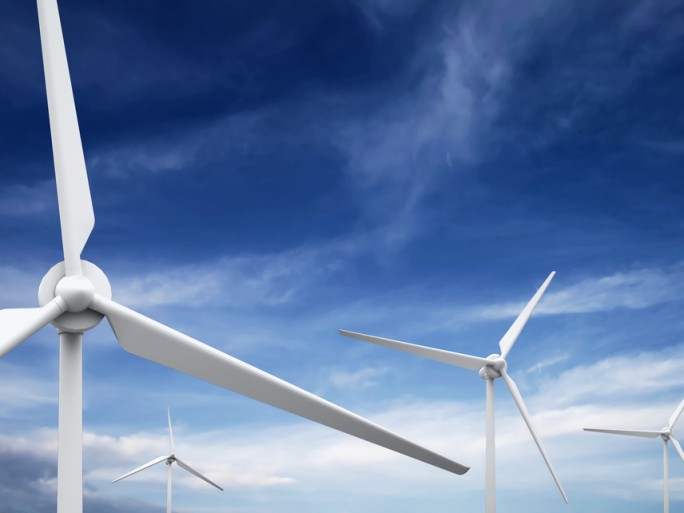ICT Innovation, Key to the Transition Towards Clean Energies

The internet of things, edge computing and machine learning will be key to boosting and optimising clean energy in the coming years.
Technology plays a crucial role in achieving sustainability goals, especially in the transition to clean energy.
Silicon.co.uk has already discussed the efforts being made by data centres in pursuit of sustainability. We have also echoed studies that point out that new technologies are essential to gain competitiveness and overcome economic, social, and environmental sustainability challenges.
In the same spirit, Crédito y Caución has just presented a report in which it warns that software and hardware produced by the Information and Communication Technologies (ICT) sector will play a central role in the global transition to clean energy.
It indicates that the internet of things, edge computing, and machine learning will be at the core of the solutions that will drive energy efficiency in all sectors in the coming years.
For example, he highlights the role they already play in on-board computers in electric vehicles or in the technologies used in wind farms, solar panels, or electricity grids.
He also emphasises that the digital transformation is leading to an increasing demand for storage and processing in data centres, which consume significant amounts of energy for their operation and cooling. We have also addressed on occasion the impact of artificial intelligence on data centres and sustainability.
Crédito y Caución points out that one of the main challenges facing the ICT sector over the next three years will have to do with improving its efficiency and producing its own renewable energy. In this respect, it recognises the efforts being made.
Thus, despite the rapid growth in demand for digital services, digital technologies account for barely 2% of total global greenhouse gas emissions. And this rate has remained almost unchanged since 2010, thanks to the constant optimisation and improvement of devices.
However, the report warns that the sector needs to reduce its emissions by 50% by 2030 to meet the Net Zero 2050 scenario, according to calculations by the International Energy Agency.
In addition, it notes that the ICT sector is not only continuously improving the energy efficiency of its products, but has become a major investor in renewable energy to reduce its impact and hedge against volatile electricity prices with its own energy sources.
Companies such as Amazon, Google, Meta, Microsoft, Microsoft, IBM, Oracle, Interxion, and OVHcloud are taking many steps in this direction, as this article published in Aserta’s blog shows.
And following this path is a must. Crédito y Caución’s analysis stresses that we are immersed in a context of changing energy policies and regulatory uncertainty, so that companies that do not promote the sustainability of their energy models will face increasing fiscal pressure linked to their impact.
He also points out that minimising e-waste is another major challenge for the ICT sector. In a related vein, he says that improving and increasing recycling would not only reduce its environmental impact, but could alleviate pressures on the sourcing of materials from geopolitically unstable locations.
He also notes that some markets are already seeing an increase in demand across all sectors and from end consumers for smart solutions that help reduce energy consumption.
He specifies that this is seen in the growing trend of green offices and buildings incorporating the use of the internet of things, data platforms, and advanced analytics to reduce electricity consumption, maximise renewable consumption through weather forecasting and improve the utilisation of devices and servers throughout their lifecycles.
Finally, he predicts that the drive towards clean energy will also increase opportunities for the ICT sector, such as smart solar, predictive analytics, and efficient energy storage and transfer.